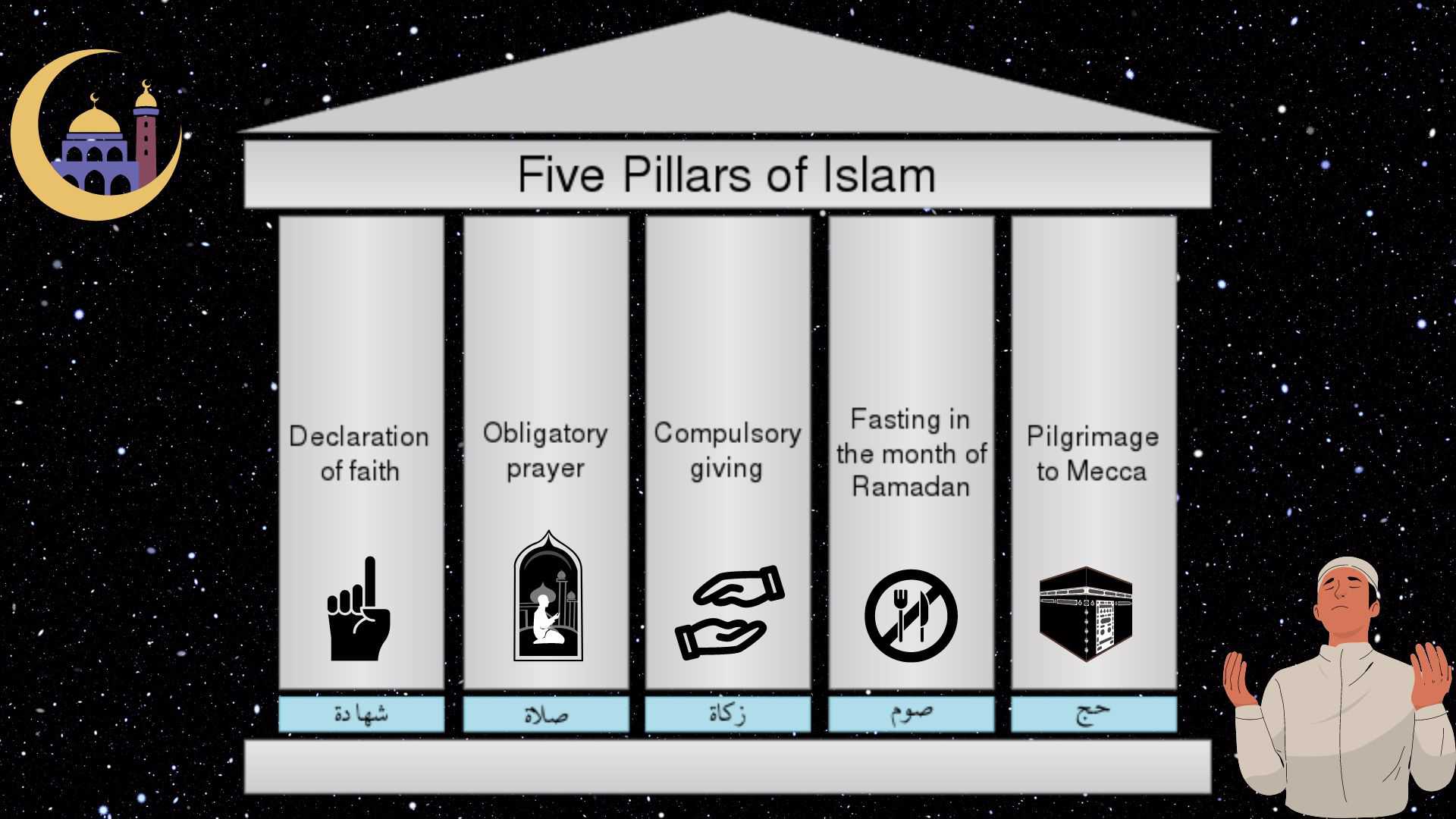The fundamental Islamic beliefs that support the overall structure of faith are known as the five pillars of Islam. Each and every follower is required to uphold and practice these values. It instills a way of life and makes it a regular part of life. These beliefs fortify the community’s foundation and bring its members together. It is believed that Muslims are obligated by Allah to pursue these principles in the form of obligations without ceasing. These core Islamic principles serve as daily reminders of Allah’s teachings and as a guide for Muslims to prioritize serving Him above everything else. It aids in creating a connection between Muslims and the Almighty.
They organize their lives, beliefs, and devotional practices in accordance with the Prophet’s model.
What are the five pillars of Islam?
The following are the five pillars of Islam in order:
1) First Pillar: Shahadah
2) Second Pillar: Salah
3) Third Pillar: Zakat
4) Fourth Pillar: Sawm
5) Fifth Pillar: Hajj
Significance and Benefits of the 5 Pillars of Islam
The religion’s fundamental principles are supported by these five pillars of Islam, which also help its adherents feel like themselves. They teach Muslims on proper conduct in daily life. They help believers overcome obstacles in life and help to build the fundamentals of Islam. Below are the requirements and rewards that each of them offers.
Pillars of Islam Importance
The 5 pillars of Islam are significant to Muslims because they define their way of life. Islam’s fundamentals encourage community members to feel a sense of brotherhood and belonging. They aid in preserving trust and belief in the all-powerful Allah and the way He has guided. Let’s go over these five Islamic principles in further depth.
1. Shahada (Faith)
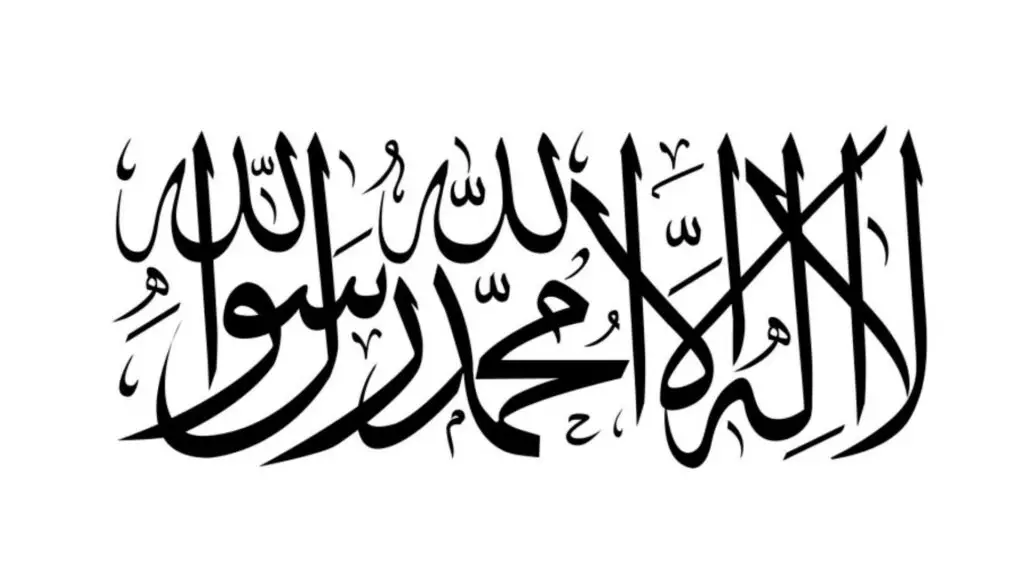
Every Muslim is expected to hold the belief that there is only one God, and that Prophet Muhammad was His messenger. Every adherent of the faith must recite the verses of the Quran with sincerity because it is the holy book of the faith.
It facilitates spiritual communication with Allah and serves to remind individuals of their life’s purpose. People become modest and humble as a result, instilling self-respect. One of Islam’s five pillars, faith encourages people to submit to Allah and gives them a sense of freedom.
2. Salat (Prayer)

It is the custom of facing toward Mecca and praying to Allah five times each day. The ritual must be performed by a Muslim after sunset, at noon, at midday, at night, and at the morning. Reciting the first verse of the Quran serves as the opening. For the Friday midday prayer, males congregate at the closest mosque. Yet women are not required to do it.
Prayer cleanses the body and heart of previous misdeeds. It gives life positivity and steadiness. Also, it promotes Muslim brotherhood, equality, and humility while also bringing about inner serenity.
3. Zakat (Almsgiving)
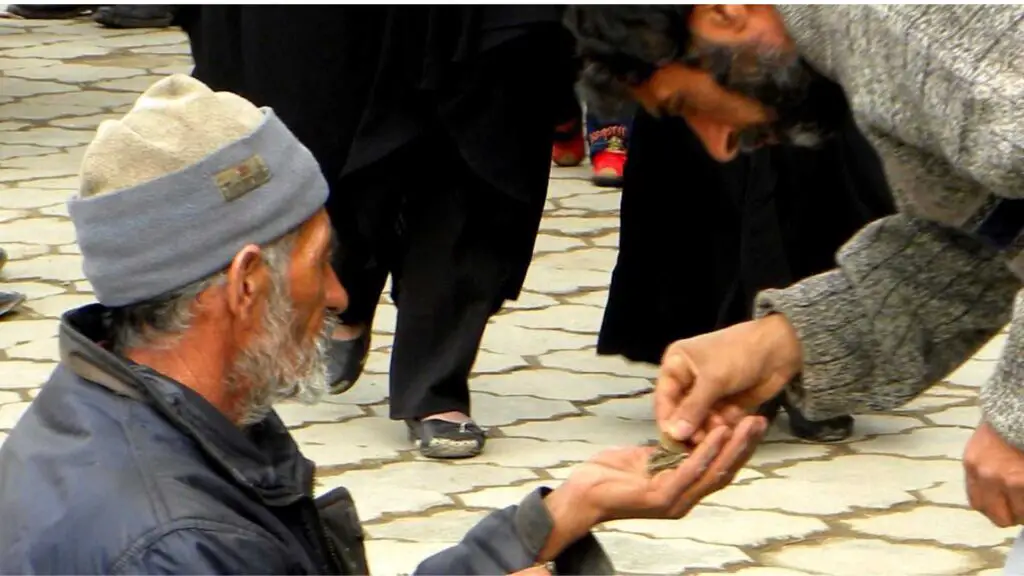
This Islamic principle calls for charitable giving in support of the less fortunate. Wealthy or financially secure Muslims give to organizations and members of the community to assist in establishing mosques, schools, hospitals, and other facilities that can provide aid to the poor in any form. It is a religious obligation that bestows blessings from Allah on people.
The charity enables one to temporarily put one’s own needs aside in order to empathize with others. Also, it restores everyone’s confidence in mankind and gives those in need a sense of camaraderie.
It promotes wealth creation and preserves social harmony.
4. Sawm (Fasting)
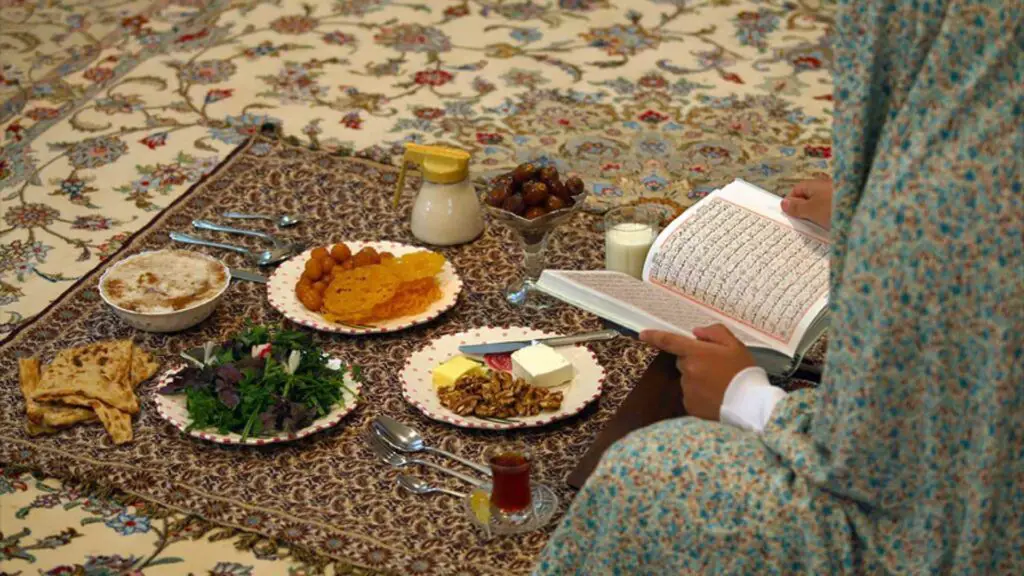
Muslims who are fit and healthy are required to abstain from food and drink throughout the day while fasting during the ninth month of Ramadan. It represents a renewal of appreciation for everything that God has given, particularly the holy Quran. It enables the followers to identify with the hunger and thirst of those who are less fortunate and makes them aware of their responsibility to assist them.
If a Muslim is both physically able and financially capable, they are required to perform the Hajj pilgrimage to Mecca in Saudi Arabia. The pilgrims circle around the Kaaba, which is a cube-shaped structure located at the center of the Haram Mosque in Mecca. The Kaaba is believed to have been built by Ibrahim for God. The Hajj takes place on the eighth and twelfth day of the last month in the Islamic calendar.
5. Hajj (Pilgrimage)
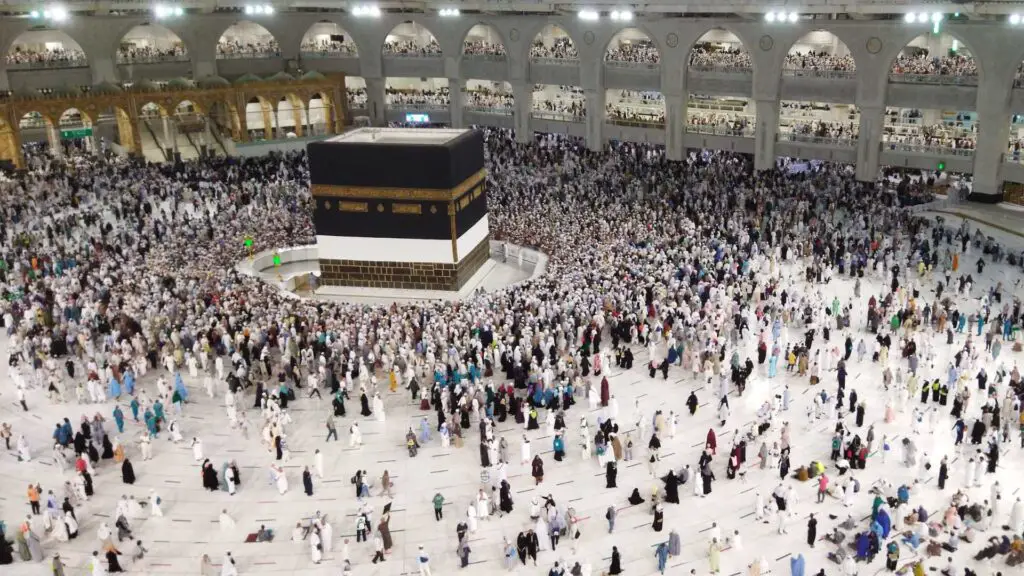
The Hajj is a representation of unity and equality before Allah and serves as a proclamation of faith. It requires individuals to overcome their prejudices towards class and race and approach Allah with devotion and love, while also controlling their temper.
These fundamental Islamic beliefs are meant to be followed by all members of society, regardless of age, gender, or status. The five pillars of Islam are the same for children, although they may be followed with some leniency. For instance, it is not expected for children to make charitable donations, but they can still perform the Hajj with their parents and offer their services. Children are taught from an early age to incorporate these teachings into their daily lives to become better individuals in the future.
Fasting develops the virtues of patience and willpower. It fosters submission to Allah and aids in self-control. It is an opportunity for Christians to completely dedicate themselves to the Almighty.
FAQs on 5 Pillars of Islam
Q. What are the five pillars of faith in Islam?
Ans. The 5 pillars of Islam are the core beliefs and practices that form the foundation of the Islamic faith. They are:
1. Shahada: This is the declaration of faith, where a person publicly proclaims that there is no god but Allah and that Muhammad is his messenger.
2. Salah: This refers to the five daily prayers that Muslims are obligated to perform. These prayers involve reciting verses from the Quran and performing specific physical movements.
3. Zakat: This is the act of giving to charity, which is considered an obligation in Islam. Muslims are required to give a portion of their wealth to those in need.
4. Sawm: This refers to fasting during the month of Ramadan, which is the ninth month of the Islamic calendar. Muslims fast from dawn until sunset, abstaining from food, drink, and other physical needs.
5. Hajj: This is the pilgrimage to the holy city of Mecca in Saudi Arabia, which is a mandatory obligation for Muslims who are physically and financially able to undertake it. The pilgrimage involves a series of rituals that are performed over several days.
Q. What is the base of the five pillars of Islam?
Ans. The five pillars of Islam are based on the teachings of the Quran and the Hadith, which are the primary sources of guidance for Muslims. The Quran is the holy book of Islam, believed by Muslims to be the word of God as revealed to the Prophet Muhammad. The Hadith is a collection of sayings and actions of the Prophet Muhammad, which provide additional guidance and explanation of the teachings of the Quran. The 5 pillars of Islam represent the core beliefs and practices of the Islamic faith and are essential for Muslims to follow in order to fulfill their religious obligations and live a righteous life.
Q. What is Zakat?
Ans. Zakat is the third of the five pillars of Islam, and it refers to the act of giving to charity. It is considered an obligation for Muslims who are financially able to do so. Zakat is based on the idea of sharing one’s wealth with those in need and promoting social justice and equality.
Muslims who meet certain criteria are required to pay a portion of their wealth, usually 2.5%, to those in need, such as the poor, the sick, orphans, and the elderly. This payment is intended to help those who are less fortunate and to promote social welfare.
Zakat is not considered a voluntary act of charity but is rather seen as a religious obligation that must be fulfilled. It is viewed as an act of worship that helps Muslims to develop their spirituality and strengthen their faith by contributing to the betterment of society.
Q. What is Shahada?
Ans. Shahada is the declaration of faith in Islam, which is the first of the 5 pillars of Islam. It is a statement of belief that there is no god but Allah, and that Muhammad is his messenger. The declaration is a fundamental tenet of the Islamic faith and serves as a unifying force for Muslims around the world.
The Shahada is considered to be the most important declaration that a Muslim can make and is often recited during daily prayers and on important occasions, such as during the Hajj pilgrimage to Mecca. It is also the first thing that a person must say in order to convert to Islam.
The Shahada is a simple but powerful statement that expresses a person’s belief in the oneness of God and the prophethood of Muhammad. It is the foundation of Islamic belief and serves as a reminder of the importance of devotion to Allah and adherence to the teachings of the Quran and the Hadith.
Q. Why is Hajj the most important pillar of Islam?
Ans. Hajj is considered to be one of the most important pillars of Islam because it is a physical and spiritual journey to the holy city of Mecca in Saudi Arabia, and it is a once-in-a-lifetime obligation for those who are physically and financially able to undertake it.
Hajj is a symbol of unity and equality before Allah, and it brings Muslims from all over the world together to perform the same rituals at the same time. The pilgrimage involves a series of specific rituals, such as circumambulating the Kaaba, standing in Arafat, and performing the stoning of Satan, which are meant to symbolize key events in Islamic history and to commemorate the struggles of the Prophet Ibrahim (Abraham).
By performing the Hajj, Muslims are believed to purify their souls, deepen their faith, and strengthen their connection with Allah. It is also a time for reflection, forgiveness, and repentance, and it serves as a reminder of the importance of brotherhood, unity, and social justice.
Overall, the Hajj is considered to be a transformative experience that allows Muslims to renew their commitment to Islam and to gain spiritual and moral growth.
Q. What are the five pillars of Islam in Arabic?
Ans. The five Pillars of Islam are known as “أركان الإسلام” in Arabic. Here they are listed with their Arabic names:
1. Shahada (الشهادة) – declaration of faith
2. Salah (الصلاة) – prayer
3. Zakat (الزكاة) – giving of alms
4. Sawm (الصوم) – fasting during Ramadan
5. Hajj (الحج) – pilgrimage to Mecca
These were the 5 Pillars of Islam. Read more Islamic Blogs or Follow us on social media for daily Islamic reminders.


